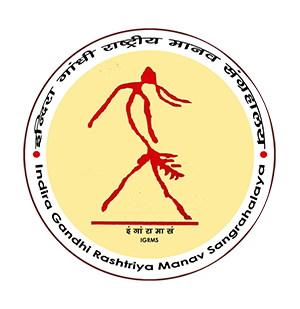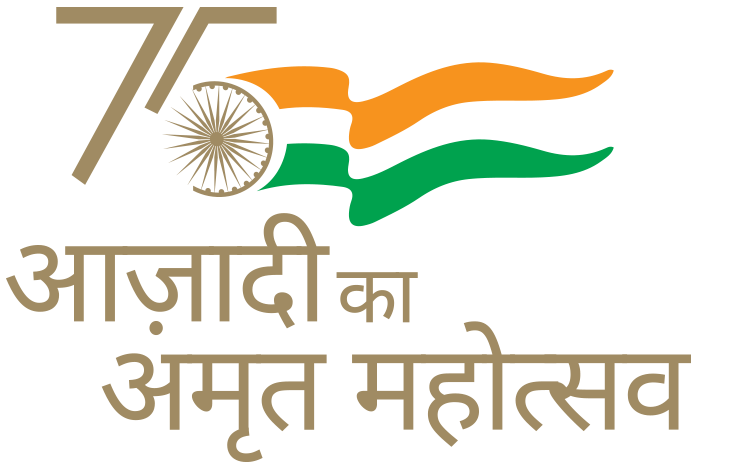उमंग लाईगी लाईकोन:मणिपुर के पवित्र वन
मणिपुर के मईतई प्रकृति और पूर्वजों की आराधना करते हैं। घाटियों के आस-पास के कई ऊंचे पर्वतों का नाम उमंग लाई (पैतृक देवताओं) के नाम पर रखा गया है, जिन्हें देवताओं के नियंत्रण में भूमि के पीठासीन देवताओं और क्षेत्रों के लोगों के रूप में पूजा जाता है। इनमें पुनीत वनों की पूजा करने की परंपरा भी है। ‘उमंग लाई’ का शाब्दिक अर्थ है ऐसे देवता जो अचानक प्रकट होते हैं और अंतर्ध्यान हो जाते हैं। पूरे मणिपुर में लगभग 365 उमंग लाई पुनीत वन हैं। उमंगलाई (उमंग लाई के क्षेत्र) के रखरखाव और उमंग लाई हराओबा (उमंग लाई का एक वार्षिक उत्सव) का उत्सव गांवों और कबीले के स्तर पर मनाया जाता है तथा पहाड़ी जनजातियों में जीना (निषेध) का पालन प्रकृति के साथ सौहार्दपूर्ण संबंध बनाए रखने के लिए समाज को नियंत्रित करने का साधन रही हैं। अनादि काल से इस प्रकार की सांस्कृतिक प्रथाएं क्षेत्र के पारिस्थितिकीय संतुलन को बनाए रखने हेतु एक शक्तिशाली स्रोत रही हैं। मईतई लोग अपनी पूर्वजों की आत्मा के अस्तित्व में विश्वास करते हैं, जिनके पास समाज को नियंत्रित करने की दैवीय शक्ति होती है। स्थानीय मान्यता के अनुसार, उमंगलाई वे पूर्वज या संरक्षक देवता हैं जो दैवीय संकेतों द्वारा अपने स्थायी निवास का संकेत देते हैं और उसे सुरक्षित रखते हैं।
Umang Laigi Laikon: sacred groves of Manipur
The Meiteis of Manipur practice nature worship & ancestor worship. Many of the lofty hills surrounding the valleys are named after the Umang Lai (the ancestral deities) who is worshiped to be the presiding deities of land and people of areas under the control of the deities. They also have the tradition of worshipping sacred groves. ‘Umang Lai,’ literally means deities who give an appearance and illusively vanishes from the common sight. There are about 365 Umang Lai groves all over Manipur. The cultural practices such as maintenance of Umanglai (areas of Umang Lai) and celebration of Umang Lai Haraoba (an annual festival of Umang Lai) in the villages and clan level, and observances of Jina (taboo) among the hill tribes had been a medium to control the society in maintaining a harmonious relationship with nature. Since time immemorial, such kinds of cultural practices have been a powerful source in maintaining the region’s ecological balance. The Meitei people believe in the existence of their ancestral soul, who possesses the divine power to regulate society under his good or evil. According to the local belief, UmangLais are those ancestral or guardian deities who indicate and reserve their permanent abode by divine actions.



